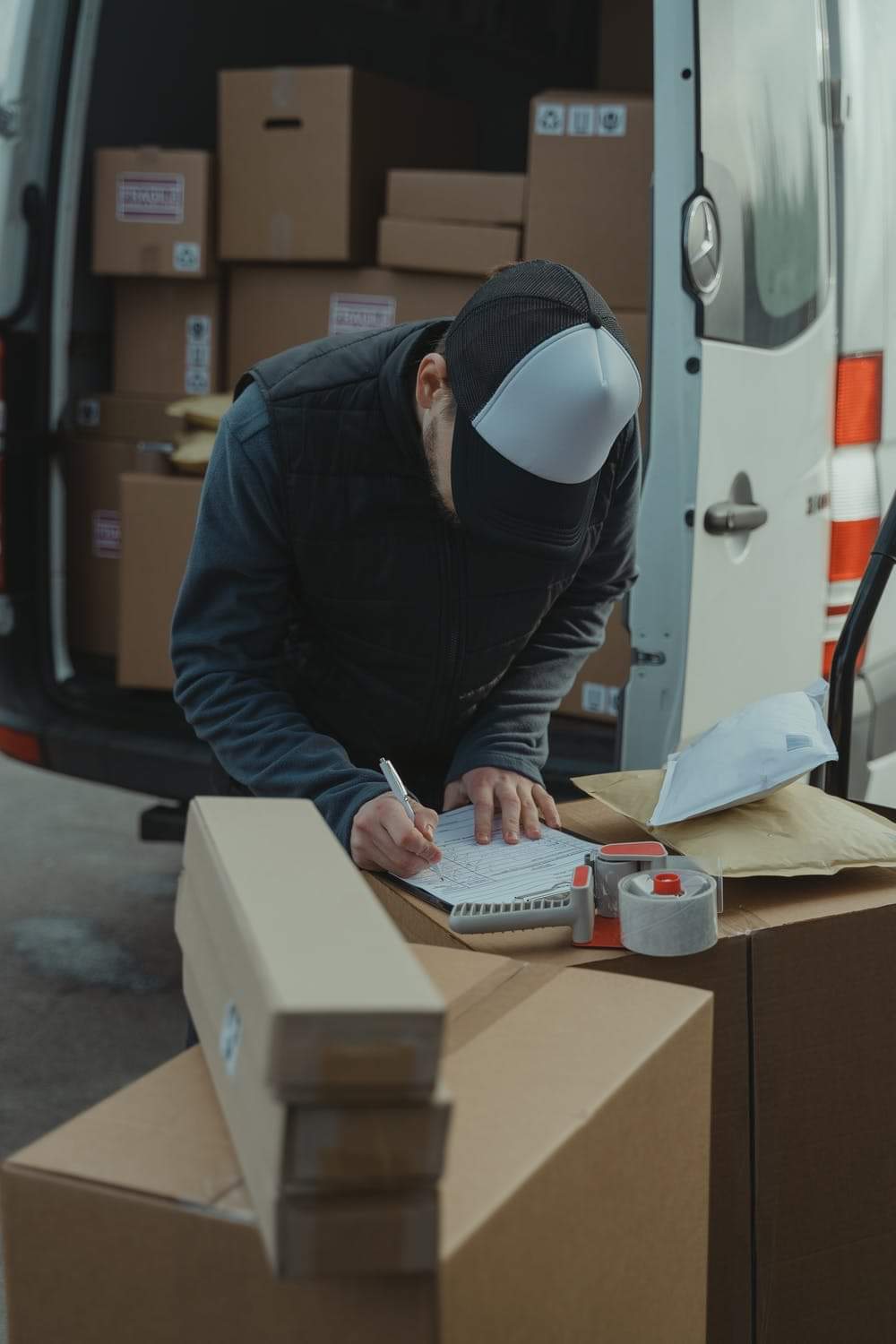If your clients rely on your business to transport their products and goods around the country or internationally, it’s important you get them to their destination with care.
Whatever goods you’re transporting, there are a few things to consider to ensure they reach customers in the same top-quality condition they started in.
Having insurance
The most important factor when transporting any type of product is insurance. Taking out the correct transport insurance will mean you’re covered should anything happen such as an accident, criminal damage or theft of goods. Failure to have proper insurance in place could result in financial loss as well as damage to your business reputation and client trust.
Insurance should cover all types of transportation vehicles,including specialised HGVs, as well as storage and goods in transit.
Packing goods securely
All transport businesses should have a secure packing process in place to minimise the risk of damage to goods and products. Items should be packed accordingly with appropriate boxes, containers or pallets that will reduce movement while on the road.
Breakable or fragile products should be packaged with extra care and properly labelled to prevent any handling damage at either side of the journey.
Choose a safe route
It might be important to choose a quick route that delivers the goods within the agreed time limit, but the journey must also be safe and smooth to prevent damage during transportation. This can be achieved through planning in advance and allowing for any motorway delays or traffic problems.
It’s also crucial to consider the type of vehicle that’s transporting the products and whether the route is suitable for its height and weight. Speed limits and the rules of the road must be adhered to so the goods are kept safe and secure.
Travelling outside of the UK will also involve customs declarations, so this should be included in the transportation time.
Training drivers
Make sure all drivers and staff, including dispatchers and handlers, are properly trained and know how to protect goods during transportation. They should be advised on packaging, storing, loading and lifting to minimise damage or breakages. This might also include using lifting equipment as well as manual handling.
All drivers should also have the relevant licence for the vehicle they’re driving and, in some cases, undergo frequent training to stay qualified.
Unfortunately, accidents and unexpected incidents can occur but taking steps to minimise these will reduce the impact on your business and your clients.
Alton Clarke was born and raised in Syracuse. He has written for MSNBC, The Business Insider and Passport Magazine. In regards to academics, Alton earned a degree from St. John’s University. Alton covers entertainment and culture stories here at Diving daily.
